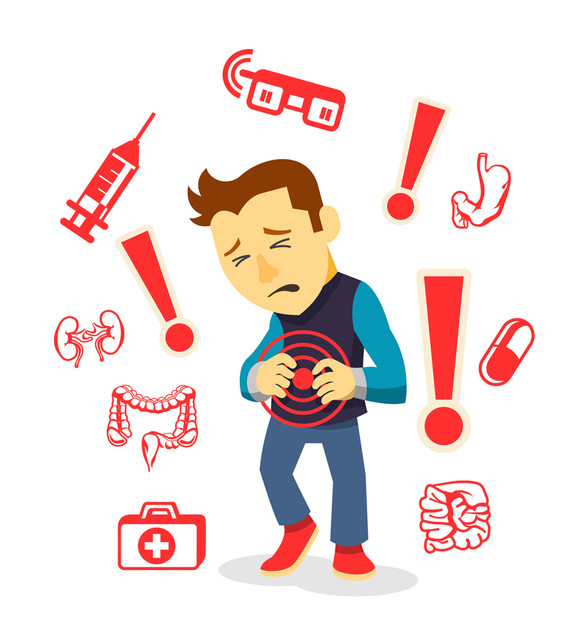Posted by Beyond Health on Nov 3rd 2025
A New Answer to Problems with Your Intestines
Are you bothered by abdominal bloating, gas, flatulence, belching or an irritable bowel (constipation alternating with diarrhea, or maybe predominantly one or the other)? You may have a condition called “small intestine bacterial overgrowth,” or SIBO, a relatively newly recognized form of intestinal dysbiosis. You may already know about one kind of intestinal dysbiosis, where candida and/or other bad bugs get the upper hand over the good bugs in your intestines. SIBO is another kind of intestinal dysbiosis found only in the small intestine—that twenty-foot long convoluted tube curled up in your abdomen that leads from stomach to colon. When bacteria and other microorganisms that usually live in the small intestine, with beneficial or at least neutral effects, proliferate abnormally (“overgrow”), a pathological situation develops. This leads to the kind of symptoms mentioned above, as well as to nausea, leaky gut, malabsorption and deficiencies in certain n…
read more Fuel your life with the purest vitamins
Fuel your life with the purest vitamins










